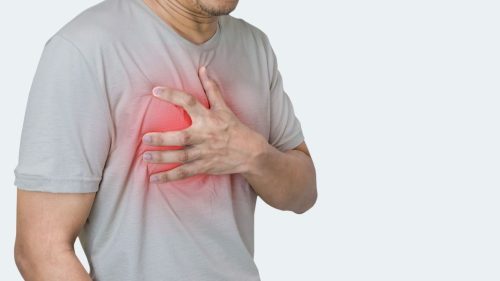
What’s causing more heart attacks in younger people?
There has been a concerning uptick in the occurrence of heart attacks among the younger demographic in recent times. This worrisome trend is part of a broader global increase in heart disease cases, notably evident in India where the prevalence has surged in the past five years. The surge in incidents of cardiac arrests and associated problems can be attributed to our modern fast-paced way of life and shifting behavioral patterns. Once thought to primarily impact older individuals, heart attacks now affect a significant number of individuals aged between 30 and 40. Numerous factors contribute to this health hazard, including sedentary lifestyles, stress, sleep disorders, tobacco and alcohol consumption, diabetes, high blood pressure, and obesity.
OBESITY AND ITS LINK TO HEART ATTACKS
Among the younger population, obesity has become a widespread concern and a significant contributor to the risk of experiencing heart attacks. The surplus weight carried by the body places excessive burden on the heart, resulting in elevated blood pressure, heightened cholesterol levels, and decreased sensitivity to insulin.
Furthermore, abdominal obesity poses a specific and heightened threat, as it fosters inflammation and disrupts metabolic processes. As a result, it is imperative to prioritize a healthy weight by adopting a well-rounded diet and engaging in regular physical activity in order to mitigate the risk of heart attacks.
STRESS AND YOUTH: A DEADLY DUO
The competitive and fast-paced nature of modern life often subjects young individuals to chronic stress. Stress triggers the release of hormones like cortisol and adrenaline, which, over time, can damage the arteries and elevate blood pressure. Moreover, individuals coping with stress may resort to unhealthy eating habits as a form of comfort, exacerbating the risk of heart attacks.
Therefore, stress management techniques, such as mindfulness practices and regular physical activity, are indispensable for maintaining a healthy heart.
